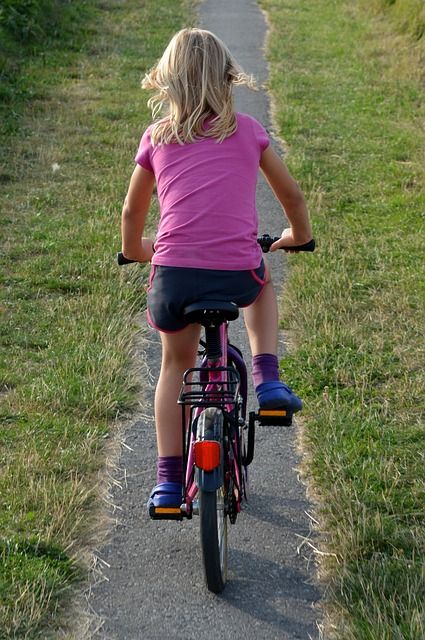

Humility
Source/Author: Mike Murphy, Headmaster
November 13, 2015
Like our Shorecrest students, I was fortunate to attend private schools when I was a child. My parents sacrificed to be sure the five of us had opportunities. We were mildly aware that we were privileged. The mild part of the awareness resulted from expectations and responsibilities required by our parents. They expected my siblings and me to have jobs and pay our own way as often as possible. My father, in particular, seemed to go out of his way to have us do jobs at his roofing company and around our home that would instill humility and respect for hard work. We benefitted from the lessons he was trying to present. My brother and I share some of our favorite childhood memories from having survived some of the tasks he created for us.
In David Brooks’ book “The Road to Character”, he writes about the WWII generation and the humility and thankfulness they modeled at the conclusion of the war. He also cites examples of modern-day athletes who at the end of a play put on greater displays of self-exultation than the entire nation did at the end of the WWII.
The topic and concern about teaching the value of humility is not new. Jim Collins, in his book “Good to Great”, cites many examples of highly successful business leaders who are humble in everything they do. I have noticed that many leading community and school volunteers and philanthropists are incredibly humble. The media and recipients of the generosity tend to do the talking for these generous people.
No doubt, accomplishments warrant recognition. Many people are energized by positive feedback. In fact, if done properly, praise for one member of a team can inspire others. Nonetheless, research on successful people is clear that one who is motivated and inspired intrinsically is more likely to persist on challenging tasks than the person who constantly needs public recognition. The athletes, actors, students and workers who need to make themselves the center of attention tend to drain the energy from those around them. Self-indulgent celebrations get old to those who are repeatedly subjected to “look at me” performances. I think mature individuals develop past this stage soon after the first ride without training wheels, around the age four or five. After that, it’s the wind in your face and the realization that now it’s time to learn how to move forward without holding onto the handlebars.
As we work together to develop intellectually independent and confident young leaders, we have the opportunity to model gratitude and humility for what we have and what we earn. Our children will learn from our example.
Cheers,
Mike
























